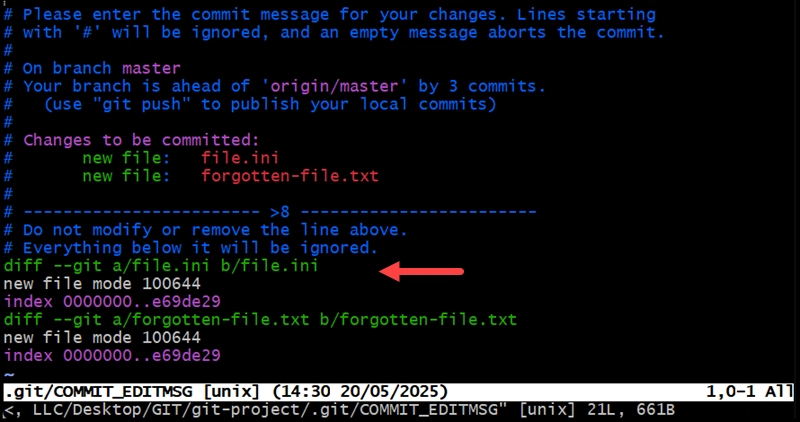Managing processes in Linux is crucial for system performance and stability. This guide simplifies process management, explaining key concepts step by step.
📌 What is a Process?
- A process is any running task in the system.
- Every process has a unique Process ID (PID).
- The kernel creates a PID in RAM.
- Process details are stored in the
/procdirectory.
🖥️ System Resources Affecting Performance
- CPU 🖥️: Executes instructions.
- RAM 💾: Stores temporary data (volatile storage).
- Disk 📀: Persistent storage (HDD/SSD).
- Network 🌐: Handles communication.
- Operating System 🖥️: Manages everything.
🔍 Checking Process Information
List Running Processes:
ps- Shows processes running in the current terminal.
ps -e- Displays all system processes.
Find Process ID (PID):
pidof <command>- Gets the PID of a running command.
ps -el- Shows a detailed list of all processes.
ps -aux- Displays processes with user and resource usage info.
📌 Checking Path & Executing Commands
Check where commands are searched:
echo $PATH- If a command fails, possible reasons: ✅ Incorrect PATH 🛣️ ✅ Missing permissions 🔒 ✅ Not installed ❌ ✅ Corrupt binary ⚠️
🏆 Managing System Performance
Check running processes efficiently:
top- Linux Task Manager.
- Press
qto quit.
top -p- Check resource usage for a specific process.
Find Maximum PIDs Allowed:
sysctl -a | grep max | grep pidView Process Tree:
pstree- Displays process hierarchy.
🚀 Process Lifecycle

1️⃣ Running (R) 🏃♂️
- Actively using CPU time.
- Next in queue = Runnable.
2️⃣ Sleeping (S) 💤
- Waiting for execution.
3️⃣ Uninterruptible Sleep (D) 🛑
- Disk-related sleep.
- Cannot be killed easily.
- Solution: Check logs or reboot 🔄.
📌 Debugging Uninterruptible Sleep:
dmesg
journalctl
tail -f /var/log/messages4️⃣ Zombie (Z) 🧟
- A child process whose parent is unresponsive.
- Can block system resources.
5️⃣ Suspended (T) ⏸️
- Stopped by admin.
- Can be resumed later.
6️⃣ Dead 💀
- Crashed or failed to start.

🔥 Process Creation & Management
- Processes are managed using system calls like:
- fork() 🍼: Creates a child process.
- malloc() 🛠️: Allocates memory.
- Resource Manager: Handles swapper & scheduler to optimize performance.
📢 Conclusion 🎯
Understanding Linux process management is essential for maintaining system stability and optimizing performance. By monitoring processes, managing resources, and troubleshooting efficiently, you can ensure a smooth Linux experience. Keep exploring and mastering Linux! 🚀🐧
✨ Stay tuned for more Linux tips! 🚀

